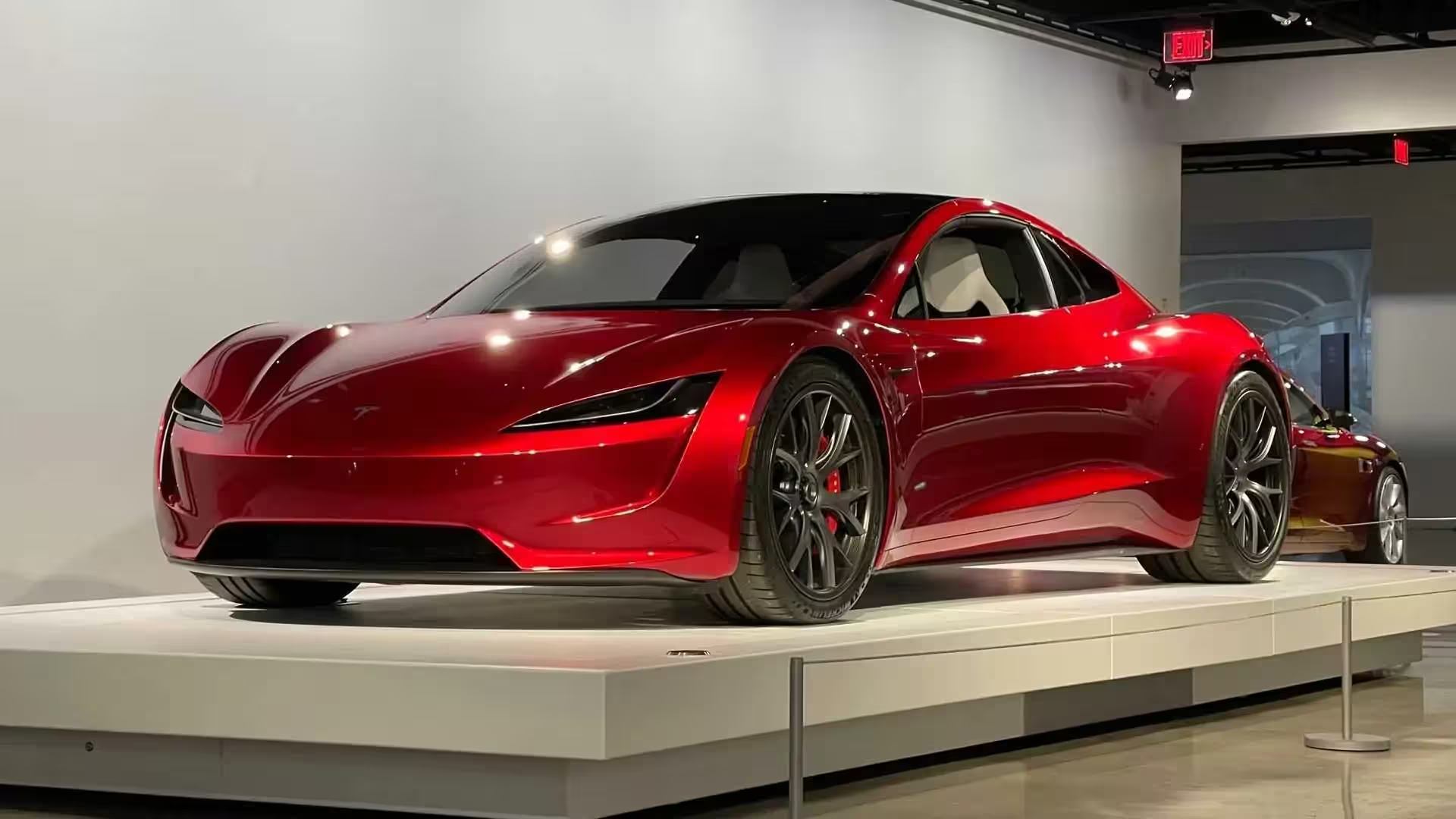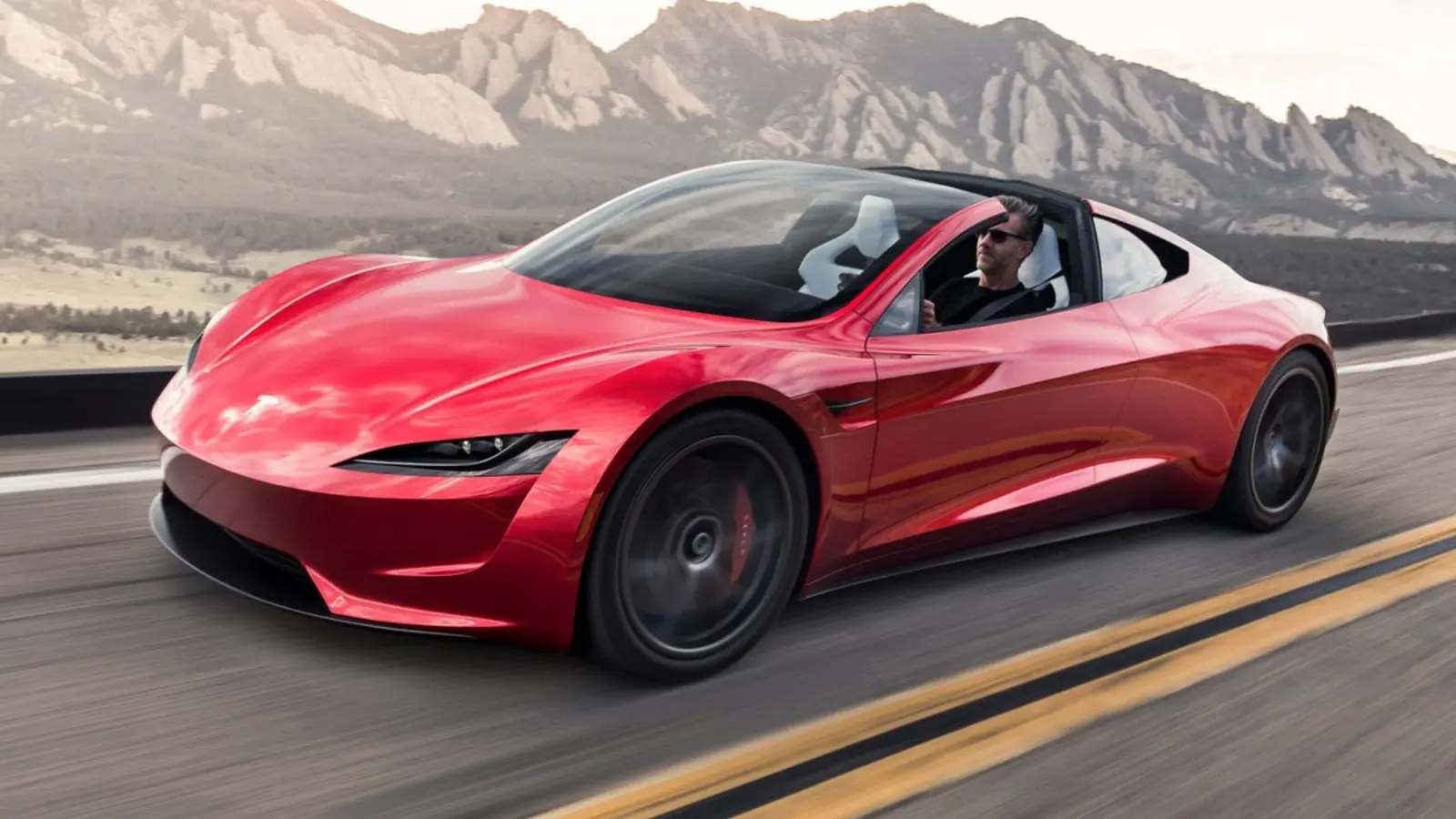4 Minutes
Tesla Roadster Reservations Linger — Buyers Seek Their Money Back
Eight years after its first unveiling, the Tesla Roadster remains a pre-order promise rather than a production reality. Introduced in 2017 with headline-grabbing specs — 0–60 mph in 1.9 seconds, top speed north of 400 km/h (about 250 mph) and an advertised range near 960 km (around 600 miles) — the hypercar captured the imagination of enthusiasts and prompted many to place refundable $50,000 reservations. Today, frustrated buyers are reporting difficulty getting those deposits returned.
From hype to hold-ups
Tesla initially said customers could cancel reservations at any time and receive a refund. But after repeated delays and little clarity about a production timeline, social media is full of complaints: emails unanswered, phone numbers that do not resolve issues, and inconsistent replies from Tesla representatives. Some customers say they have recovered partial refunds after persistent follow-up; others still wait.
Elon Musk has hinted at major updates to a new Roadster model and at times set tentative delivery targets — most recently suggesting possible availability by 2025. With the end of the year approaching, the Roadster remains in the pre-order phase and may never reach production in the form initially promised.

Why refunds are complicated
A close read of Tesla's Roadster reservation agreement sheds light on the problem. Key contract points include:
- The Roadster is explicitly described as "still in development," with no guaranteed delivery date.
- Reservation deposits are not held in escrow; Tesla reserves the right to use these funds freely.
- A reservation alone is "not a purchase or order" and a formal purchase agreement must be signed later.
- Disputes are subject to private arbitration, which effectively blocks class-action lawsuits.
Those clauses give Tesla significant legal flexibility to delay production indefinitely while limiting buyers’ collective remedies. Even where the contract states that reservations can be canceled and deposits refunded, the practice of retrieving money appears uneven and opaque.
What this means for buyers and the market
Because Tesla sells directly to customers rather than through traditional dealer networks, dissatisfied buyers must deal with the company itself. That can be more convenient in normal circumstances, but here it means there is no third-party dealer to mediate refunds or escalate issues. For prospective buyers, the Roadster saga raises broader questions about pre-order risk in the EV era.
Quote from a frustrated reserver: "I believed the specs and wanted the car, but after eight years I just want my refundable deposit back."
Specs, positioning and reality check
The Roadster was pitched as a halo vehicle for Tesla — a way to showcase electric performance that could redefine supercar expectations. If delivered as promised, its staggering numbers would position it above most rivals in acceleration, top speed and long-range capability. But in the absence of a production timeline and with contractual protections favoring the manufacturer, the Roadster has become more of a marketing concept than a guaranteed new model.
Highlights:
- Reservation deposit: $50,000 (refundable on paper)
- Claimed performance: 0–60 mph in 1.9s; top speed >400 km/h; range ~960 km
- Legal hurdles for buyers: non-escrowed deposits, arbitration clauses
Takeaway
For car enthusiasts and potential buyers, the Roadster story is a reminder to weigh pre-order excitement against contractual realities. If you’ve reserved a Tesla Roadster and want your deposit back, persistence is key — document communications and be prepared for a slow process. For the wider automotive industry, the episode underscores how direct-sales models and aggressive marketing can blur the line between prototype promise and deliverable product.


Leave a Comment